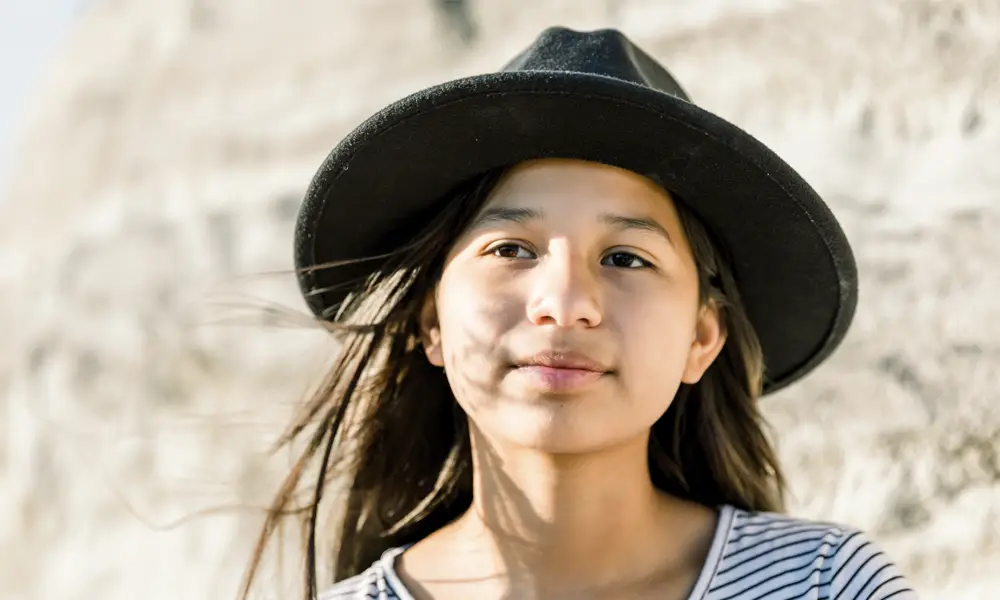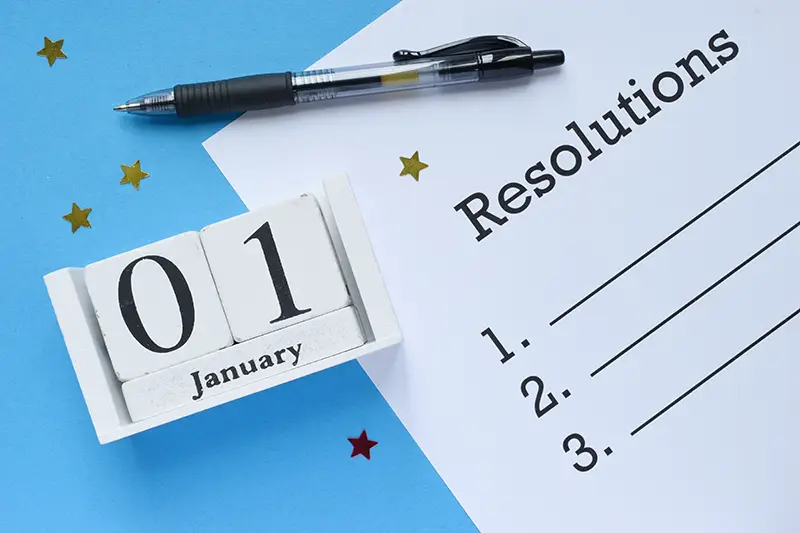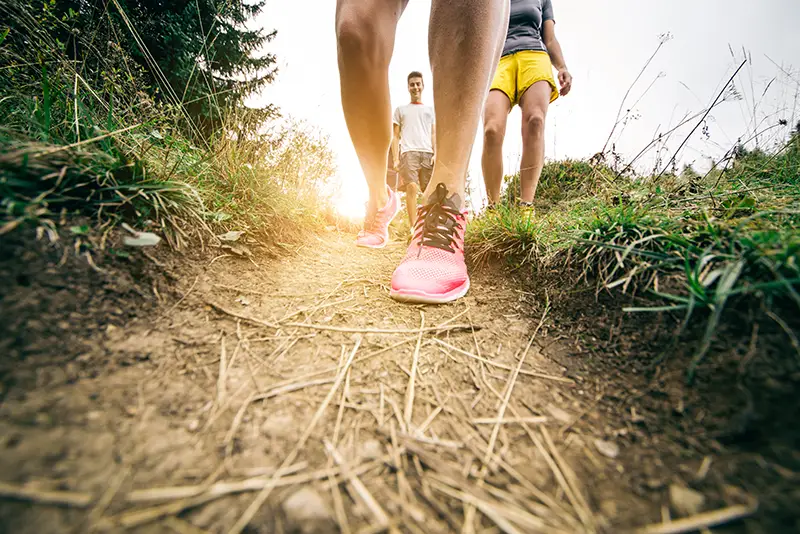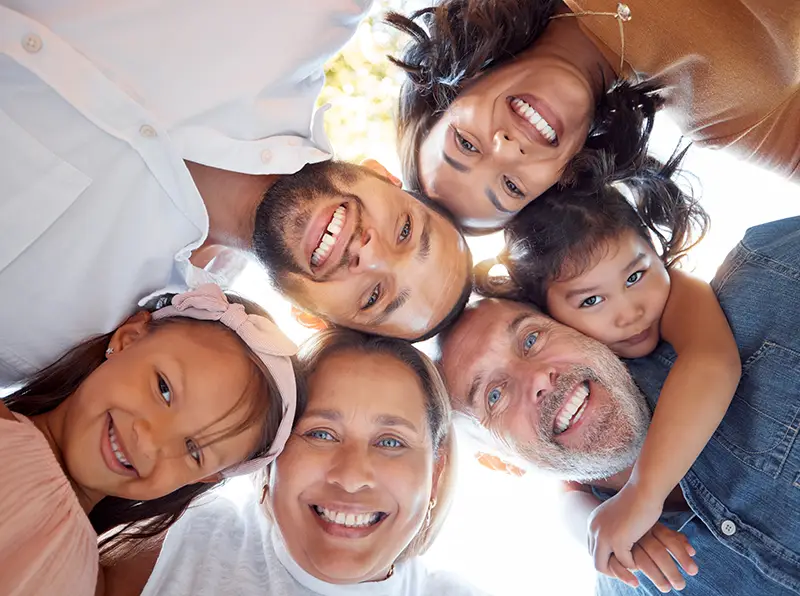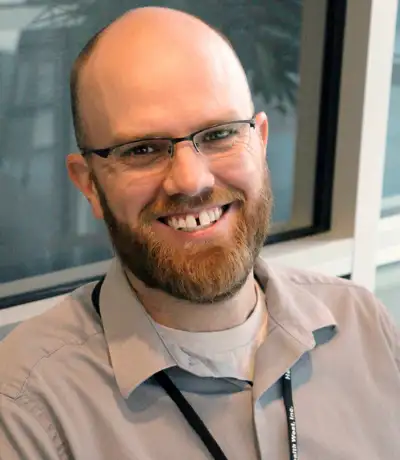
I remember getting into a conflict in my early teen years that ended up with me having a dislocated jaw. I also remember the kid who did it; and sometimes, when remembering this event, some of those old uncomfortable emotions come with it, as if I’m right back to experiencing it all over again.
At the time I had all sorts of names that I called that individual, all sorts of labels. As an adult, I can step back and with my wonderful 20/20 hindsight, and with my experiences and growth, and come up with alternative ways to see this individual. I can consider what he may have learned in the meantime about how to respond or react to different types of conflict. I might also confidently assume that this person probably had some things going on in his life that he was dealing with, likely difficult things. With this new thinking, my mind teeters away from the labels that just tend to make me upset anyway.
Sometimes I catch myself providing labels to myself as well, usually when I make mistakes or feel that I am falling short in some way. Then I remember that labeling is often referred to, in the field of psychology, as a cognitive distortion, otherwise known as a thinking error.
As the well-known psychiatrist David D. Burns puts it, “Labeling is quite irrational because you are not the same as what you do” and “labels are just useless abstractions that lead to anger, anxiety, frustrations, and low self-esteem.” I can relate to Burns’ statements. For a long time when I would think of the person that hit me in the jaw, I labeled him instantly and with it came an extra layer of anger and frustration.
Labeling happens at all degrees and levels in our society, and it is common for us to put people into an “us vs. them” type of thinking especially with those who we disagree with, those we feel are a threat, those whom we feel attacked by, and those who have committed a crime. In these types of scenarios, it is common to stop seeing people as unique individuals and instead to start judging and labeling them as “those types of people” or providing a label for the things they did. This type of thinking can lead into other types of distortions such as overgeneralizing and does not seem to offer much in the direction for helpful change for those who have made a mistake. In fact, people who experience labeling can lean into shame and then act out of shame, not making any improvement to behaviors.
One skill I feel that is beneficial to this human problem is separating the behavior from the person. That changes things a bit. I know that I don’t need to condone the behavior, nor do I expect others to either, but rather see that people make choices and that their choices do not define them. My dad used to tell me that “people are the sum total of their life’s experiences.” Everyone has a story or history which we do not always see with our eyes but need to hear with our ears.
I realize that the person who hit me is a person who made a choice that impacted me, and that they were a person with problems. I then remember that there are two types of people in the world, people with problems and dead people. This helps change the “us vs. them” thinking to a “we” thing, because we all make mistakes, and we all experience the human condition. I also understand that we don’t all make the same mistakes, but I realize that we are all likely capable of making similar choices.
My mind is curious as to what our society would look like if we withheld labels from ourselves when we make mistakes or when others do the same. I challenge anyone who reads this to try withholding labels from themselves and others. I can’t imagine the weight that would come from being labeled for any duration of my life for the mistakes I have made, and I don’t believe you would want to feel that weight either.
– Daniel Park is a Licensed Clinical Social Worker (LCSW) for Health West. He is native to Idaho and has worked in mental health for more than 15 years. He got his bachelor’s and master’s degrees at Boise State University.


